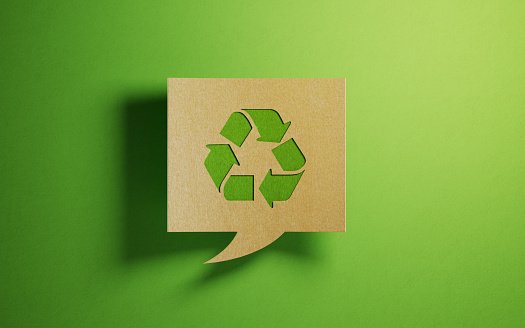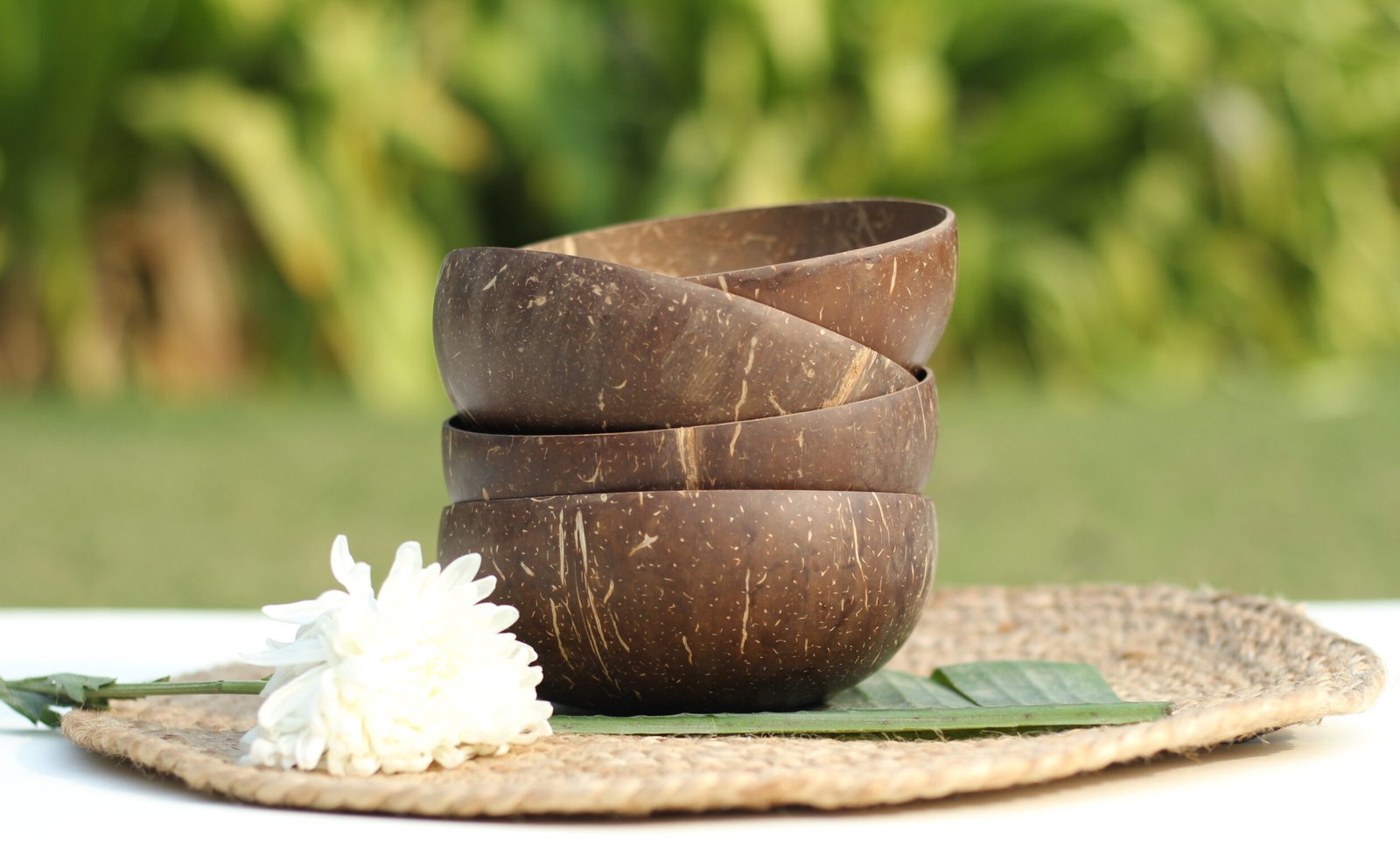Environment, Sustainability
Tips to avoid Greenwashing

Have you come across the word greenwashing before? Maybe in some magazine or over the internet! What could it mean? Something related to nature perhaps, as it has the word green in it?
It’s actually when companies deceive you into thinking that their goods are environmentally friendly. They do this because going green or zero waste is “trendy” and consumers get tricked by it. With numerous companies and start-ups springing all across the globe, there is a constant race to outshine each other. This leads to organizations misdirecting well-intentioned customers to increase their sales.
Let’s read about how this unethical practice is carried out:
How do they do this?
Firms that use techniques to greenwash may argue that their goods are made up of recycled materials or have energy-saving advantages. But, it might only be partially true. The companies exaggerate their claims to attract buyers and increase sales.
Types Of Greenwashing Techniques-
- Misleading pictures: Using images of leaves, animals, green packaging, etc are all ways of classic greenwashing.
- Vague claims: Certain products are labelled “Certified”, “100% organic”, etc. without any supportive information or facts to prove the same.
- Fluffy language: The brand uses words or terms with no clear meaning e.g. “eco-friendly”
- Clickbait: This type of greenwashing is straight-up fraud.The brands use superficial words and phrases to bait you into buying it.
How to avoid Greenwashing?
- Don’t be deceived with great earth photos and flowers. This does not mean this substance is nutritious or protected. Take your time to evaluate the product and the hulabel. Go to the ingredient section or see how it’s made. Is it actually all green and natural?
- Find “significant claims.” When someone says it’s all-natural, sustainable, or environmentally friendly, turn the product and look at the back. The small green mark somewhere at the bottom of the product specifies if the product is natural or animal-made. Also, look for the ingredients and see if it actually fulfills these claims.
- Avoid CFC-free or phosphate-free goods because these agents have been banned for decades.
- Saw a terrific green claim? Review this twice. Go to their site. Is there plenty of information? Or do you see many ambiguities? It’s greenwashing if it’s obscure and vague.
- Google it, if in doubt. What’s amazing about the internet is you can be aware of everything in just a few seconds!



